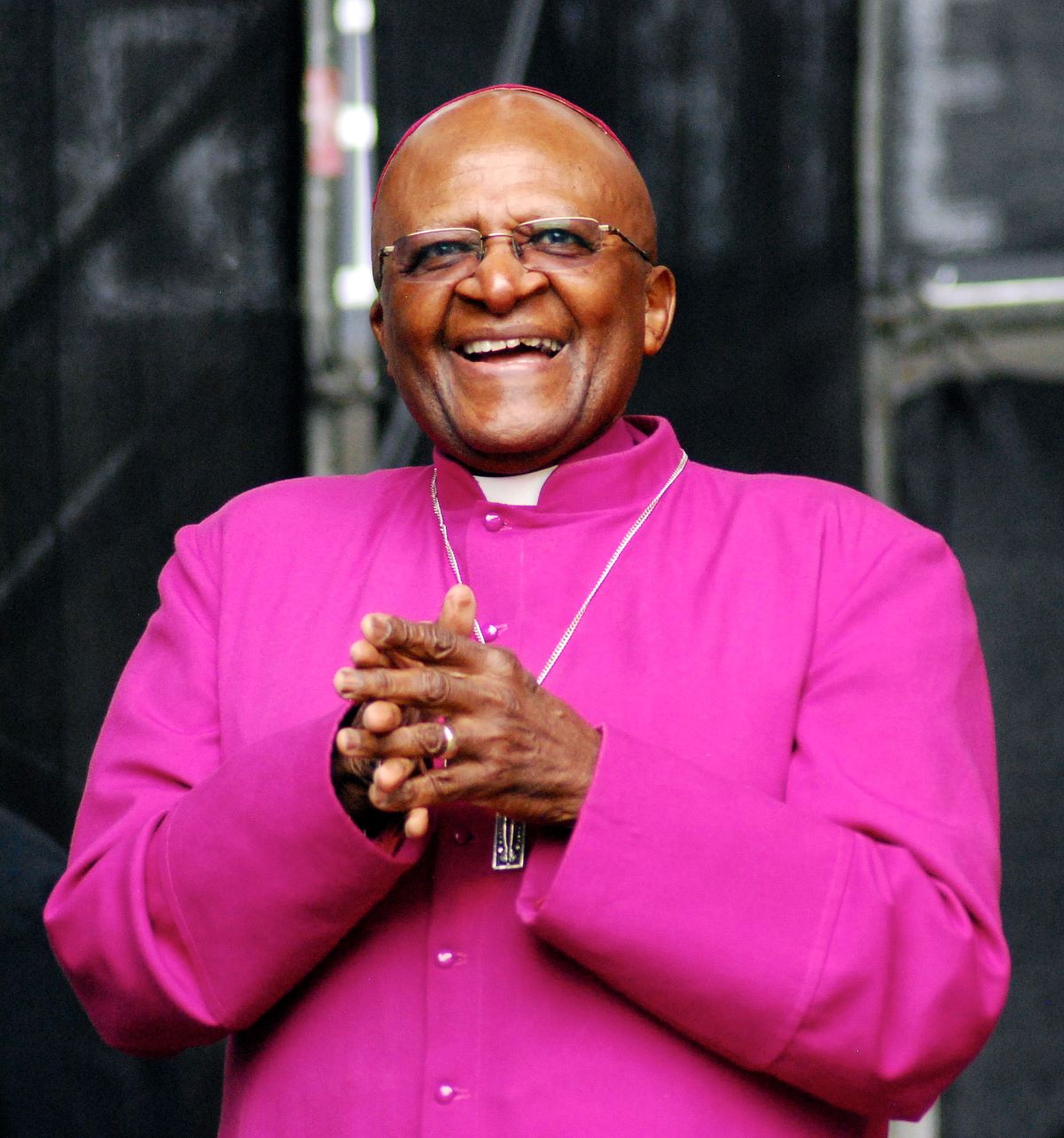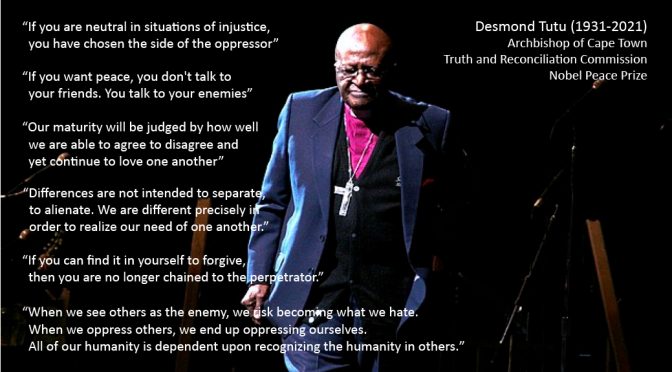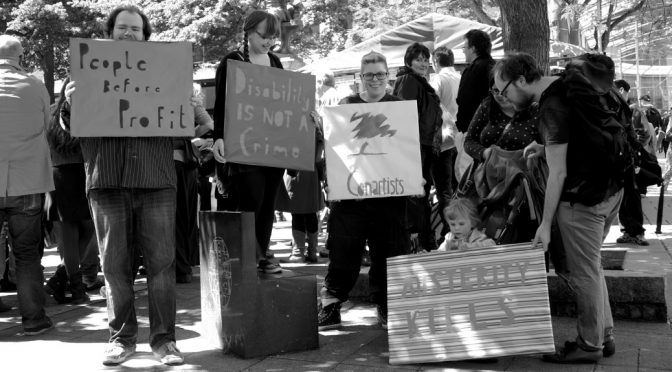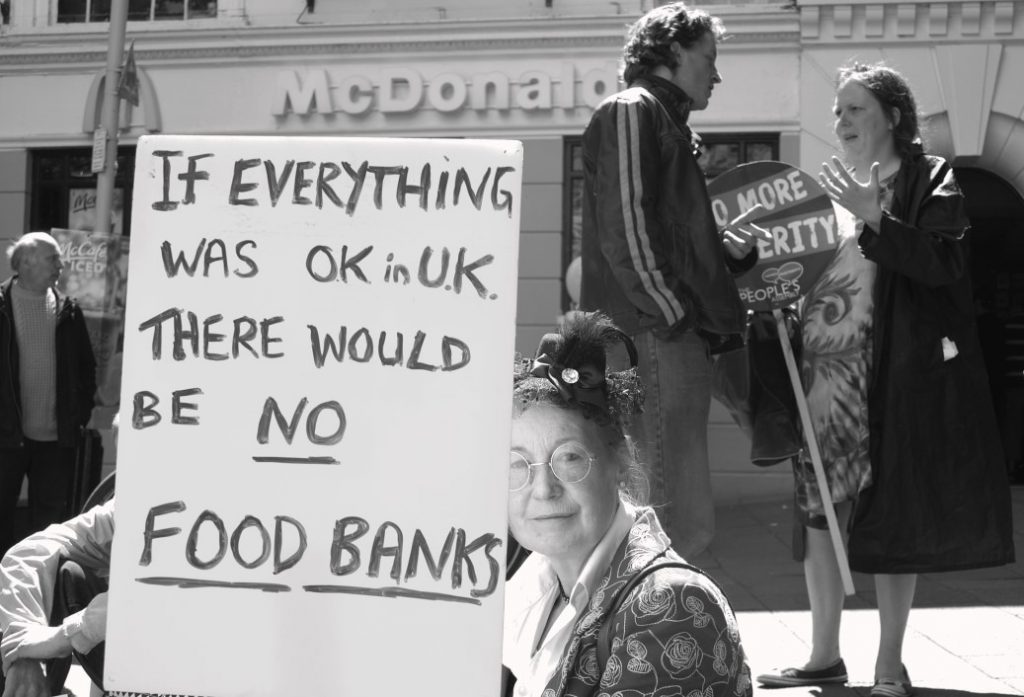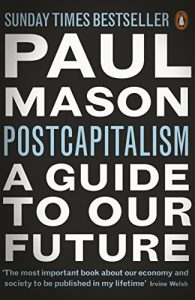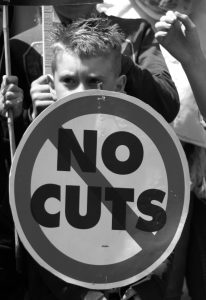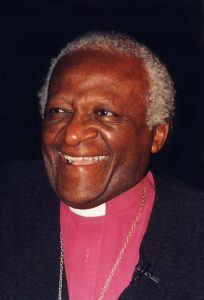
Nobel Peace Prize & Martin Luther King, Jr. Nonviolent Peace Prize winner, Desmond Tutu retired as Archbishop of Cape Town in 1996 and has now retired for good in the early hours of Boxing Day 2021. Perhaps his greatest legacy was as a humanitarian more than a churchman. The heaven (on earth) he believed in was equality-minded without prejudice, containing enemies and friends, black and white, gay and straight. His gospel was rooted in humanity, honesty and humour. His wisdom and wit will be sorely missed.
Desmond Tutu Quotes to live by
“If you are neutral in situations of injustice, you have chosen the side of the oppressor”
“Differences are not intended to separate, to alienate. We are different precisely in order to realize our need of one another.”
“When we see others as the enemy, we risk becoming what we hate. When we oppress others, we end up oppressing ourselves. All of our humanity is dependent upon recognizing the humanity in others.”
“None of us comes into the world fully formed. We would not know how to think, or walk, or speak, or behave as human beings unless we learned it from other human beings. We need other human beings in order to be human. I am because other people are.”
“My father always used to say, ‘Don’t raise your voice. Improve your argument.’ Good sense does not always lie with the loudest shouters, nor can we say that a large, unruly crowd is always the best arbiter of what is right.”
“If you want peace, you don’t talk to your friends. You talk to your enemies”
“Our maturity will be judged by how well we are able to agree to disagree and yet continue to love one another, to care for one another, and cherish one another and seek the greater good of the other.”
“There comes a point where we need to stop just pulling people out of the river. We need to go upstream and find out why they’re falling in.”
“Do your little bit of good where you are; it’s those little bits of good put together that overwhelm the world”
“I wish I could shut up, but I can’t, and I won’t.”
Moderation and Mediation
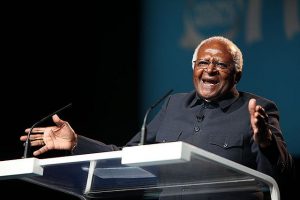
Tutu was too moderate for some, too extreme for others. White conservative Christians who were pro-apartheid hated him, some liberals regarded him as too radical whilst many black anti-apartheid activists saw him as too moderate and disagreed with his peaceful non-violence approach and criticism of Marxist Communism. His activism and anti-government stance was considered both too slow and too rapid for the change that was building. His approach that included dialogue, civil disobedience and international economic boycott of South Africa but not violence was too middle of the road for other activists.
“I have no hope of real change from this government unless they are forced. We face a catastrophe in this land and only the action of the international community by applying pressure can save us. Our children are dying. Our land is bleeding and burning and so I call the international community to apply punitive sanctions against this government to help us establish a new South Africa – non-racial, democratic, participatory and just. This is a non-violent strategy to help us do so. There is a great deal of goodwill still in our country between the races. Let us not be so wanton in destroying it. We can live together as one people, one family, black and white together.” — Desmond Tutu, 1985
Forgiveness and Reconciliation
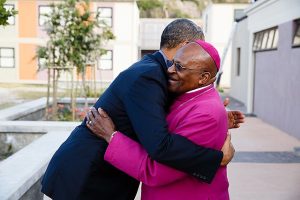
In 1995, Tutu chaired South Africa’s Truth and Reconciliation Commission founded to promote reconciliation and forgiveness among both perpetrators and victims of apartheid.
“Retaliation gives, at best, only momentary respite from our emotional pain. The only way to experience healing and peace is to forgive. Until we can forgive, we remain locked in our pain and locked out of the possibility of experiencing healing and freedom, locked out of the possibility of being at peace.
Without forgiveness, we remain tethered to the person who harmed us. We are bound with chains of bitterness, tied together, trapped. Until we can forgive the person who harmed us, that person will hold the keys to our happiness; that person will be our jailor.
When we forgive, we take back control of our own fate and our feelings. We become our own liberators. Forgiveness, in other words, is the best form of self-interest. This is true both spiritually and scientifically. We don’t forgive to help the other person. We don’t forgive for others. We forgive for ourselves.” (Readers Digest by Desmond Tutu)
